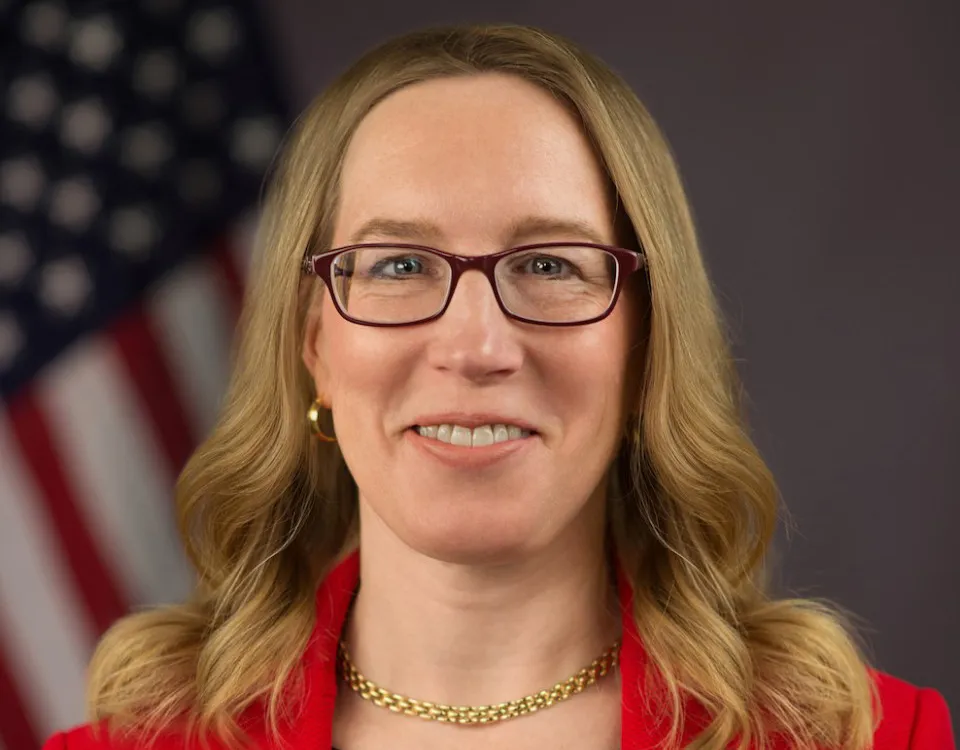The International Sustainability Standards Board (ISSB) wanted to create a global baseline of climate and sustainability-related risk disclosure for companies and their investors. Now that its IFRS S1 and S2 standards have been published, it’s difficult to see how they can compete in the existing landscape of mandatory regulatory frameworks, especially when some of these frameworks already ask for more ambitious reporting.
To make its standards as widely usable as possible, the ISSB made room for the different regional contexts and levels of sustainability maturity in the market. This consideration required two important concessions in the standard setting process: first, the application of the standards remains voluntary and second, the standards have to be policy-agnostic.
In other words, you don’t have to disclose how your business faces climate and other sustainability-related risks and opportunities; nor do you need a specific transition pathway in mind that is aligned with common objectives like net zero or the 1.5-degree scenario, but you should.
It simply reinforces the fact that global voluntary frameworks have little impact compared with national or regional legislation
Since some jurisdictions are still enforcing their own regulatory frameworks, what benefit does a global recommendation really bring to companies that still have to abide by different regional or national rules?
The ISSB tried to remedy this by basing its standards on those of the Taskforce for Climate-related Financial Disclosure (TCFD), which are in fact mandated in some countries like the UK. The board had also established a jurisdictional working group and made sure that lots of different regional perspectives are included in the final standards to reduce international fragmentation.
After all, if governments can have their say in the final ISSB reporting standards, it’ll be easier for them to create their own rules and align them with the ISSB standards.
But some of these regional disclosure initiatives were launched before the ISSB started its work, most notably the Corporate Sustainability Reporting Directive (CSRD), which came into force in January and will require companies to report according to the European Sustainability Reporting Standards (ESRS).
Key difference
And while the board has been liaising with European institutions to make sure its standards get as close as possible to the ESRS, a key difference is that those standards ask for transition plans that are aligned with the Paris Agreement, limiting global warming to 1.5°C to respect the EU’s net-zero 2050 target, while the ISSB IFRS standards do not.
That complicates the ISSB’s efforts to become a global reference point for disclosure. If companies looking to engage with the European market already have to do extensive reporting and make necessary operational changes to meet the ESRS, why bother with a less demanding and voluntary global standard?
One could argue that if a company is ESRS aligned, then they are likely to be in line with IFRS S1 and S2 by default and perhaps the ISSB will see that as a success. But it simply reinforces the fact that global voluntary frameworks have little impact compared with national or regional legislation.
Sustainability-related disclosure is meant to get companies to shift their business model because there are financial risks and incentives for them to do so. A global framework should be contributing to this goal, not just standardizing for the sake of it.
Somewhere in standard setting process, the ISSB lost track of what sustainability disclosure is really for.




